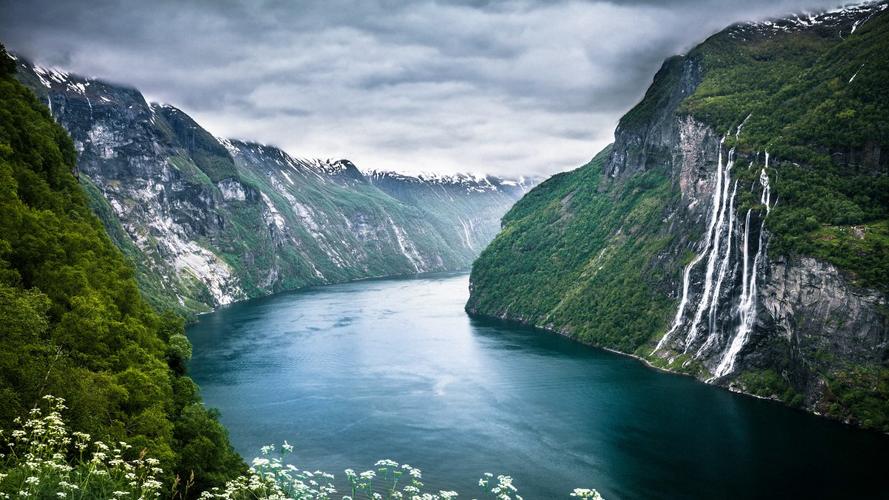Exploring the Fascinating Diversity of Bolivia’s Culture
Bolivia is a beautiful country situated in South America known for its rich historical heritage and vibrant culture. It is one of the most ethnically diverse countries in the world, with its culture heavily influenced by its indigenous population, the Andean peoples, and their European colonizers.
In this article, we’ll dive into the fascinating diversity of Bolivia’s culture, exploring its different elements, customs, and traditions.
Languages: A melting pot of dialects
Bolivia is a multilingual country, with over 37 languages being spoken throughout its territory. Spanish is the most widely spoken language, followed by Quechua and Aymara, which are pre-Columbian languages that have been preserved by the indigenous population. However, many other languages such as Guarani, Mojeño, and others are still being spoken in small communities.
Art and Music: Expressions of Identity
Art plays an important role in Bolivia’s culture, with indigenous art being highly valued and celebrated. The country is renowned for its vibrant textiles, which are created using traditional techniques, and its pottery, which showcases the creativity and talent of Bolivian artisans.
Music is also an integral part of Bolivian culture, with a wide variety of genres being enjoyed throughout the country. The Andean music, which incorporates panpipes and flutes with Spanish guitars and charangos (a small guitar-like instrument), is particularly popular and reflects the influence of the indigenous population.
Festivals: Celebrating Life, History, and Religion
Bolivians love to celebrate, and their festivals are a testament to their colorful cultural heritage. Most Bolivian festivals are rooted in the country’s history and religion, making them unique and fascinating to outsiders.
One of the most prominent festivals in Bolivia is the Carnival of Oruro, which takes place in February or March each year. This festival features dance parades, elaborate costumes, and music that honors the Virgin of Candelaria, the patron saint of miners.
Religion is also an important aspect of Bolivian culture, with the country being predominantly Catholic. Other beliefs, including an ancient Andean belief in Pachamama (Mother Earth) and syncretic beliefs that combine Catholicism and indigenous beliefs, are also prevalent.
Cuisine: A Culinary Fusion
Bolivian cuisine is a blend of indigenous foods and Spanish influences. The country has a variety of unique dishes, including salteñas (a baked empanada filled with meat and vegetables), silpancho (a dish made with flattened beef, rice, and potatoes), and sopa de mani (a peanut soup).
Chicha is Bolivia’s traditional fermented drink made from corn, while Singani is the national liquor made from Muscat grapes. Both are widely consumed and central to Bolivian celebrations.
Conclusion: Embracing Diversity
In conclusion, Bolivia’s culture is a fascinating blend of history, art, music, religion, and cuisine. Its diversity is a reflection of the different people and populations that have occupied this land over the years, and it is this diversity that makes Bolivia so unique. By embracing its various customs and traditions, Bolivia continues to celebrate and preserve its heritage, making it an alluring destination for those seeking a cultural experience like no other.
(Note: Do you have knowledge or insights to share? Unlock new opportunities and expand your reach by joining our authors team. Click Registration to join us and share your expertise with our readers.)
Speech tips:
Please note that any statements involving politics will not be approved.
